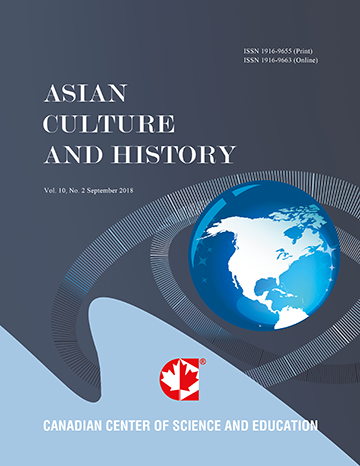Foreign Influences and Localization: The Evolution of Korean Music Through History
- Keya Krishna
Abstract
Korean music has a distinct history and characteristics that can be traced back centuries. Over the years, while Korea has maintained its cultural identity through years of struggle and oppression, its engagements with neighboring countries and foreign occupying powers have had a lasting and syncretic impact on its musical evolution. This journey has been shaped by a number of social, political, and historical factors, including national pride, extensive foreign presence through most of the twentieth century, governmental concerns over the preservation of Korean authenticity in music, the development of global music markets, and a dynamic domestic youth culture. Throughout, Korean music has been able to preserve its unique characteristics while accepting a high level of foreign musical influence. It has conquered large domestic and global audiences by generating new musical styles through a complex and divergent mix of imitation and localization of foreign influences while continuously reverting to and maintaining Korean authenticity.- Full Text:
 PDF
PDF
- DOI:10.5539/ach.v14n2p168
Journal Metrics
Google-based Impact Factor (2017): 5.42
h-index (January 2018): 11
i10-index (January 2018): 21
h5-index (January 2018): 6
h5-median (January 2018): 9
Index
- Academic Journals Database
- CNKI Scholar
- COPAC
- EconPapers
- Elektronische Zeitschriftenbibliothek (EZB)
- Excellence in Research for Australia (ERA)
- Genamics JournalSeek
- Google Scholar
- Infotrieve
- LOCKSS
- MIAR
- NewJour
- Open J-Gate
- PKP Open Archives Harvester
- Publons
- RePEc
- Scilit
- SHERPA/RoMEO
- Standard Periodical Directory
- Technische Informationsbibliothek (TIB)
- The Keepers Registry
- Universe Digital Library
- WorldCat
Contact
- Ivan YongEditorial Assistant
- ach@ccsenet.org
